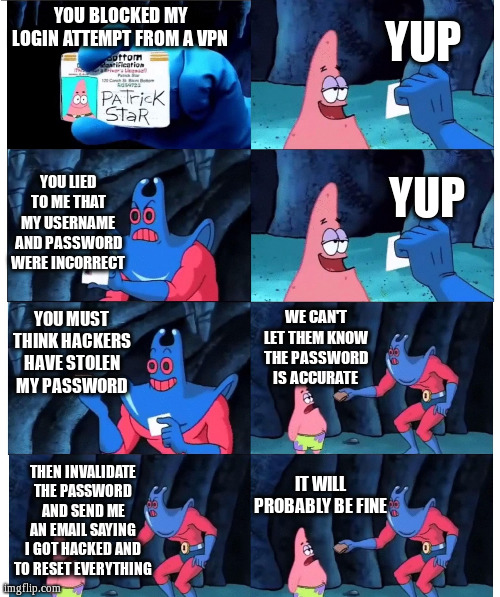

Physical players disconnected from the internet can still receive offline firmware updates included on the discs themselves. The moment you insert a new disc, it automatically executes BD+ code that in theory could patch the firmware to blacklist an arbitrary old disc that you own. This has never yet happened with a previously-legal disc, but then again for example Amazon has never deleted purchased copies of the 1984 book from customers’ kindles, until one day when it did.





windy.com with a VPN in a private browser window. They can’t track you if they don’t know where you are!